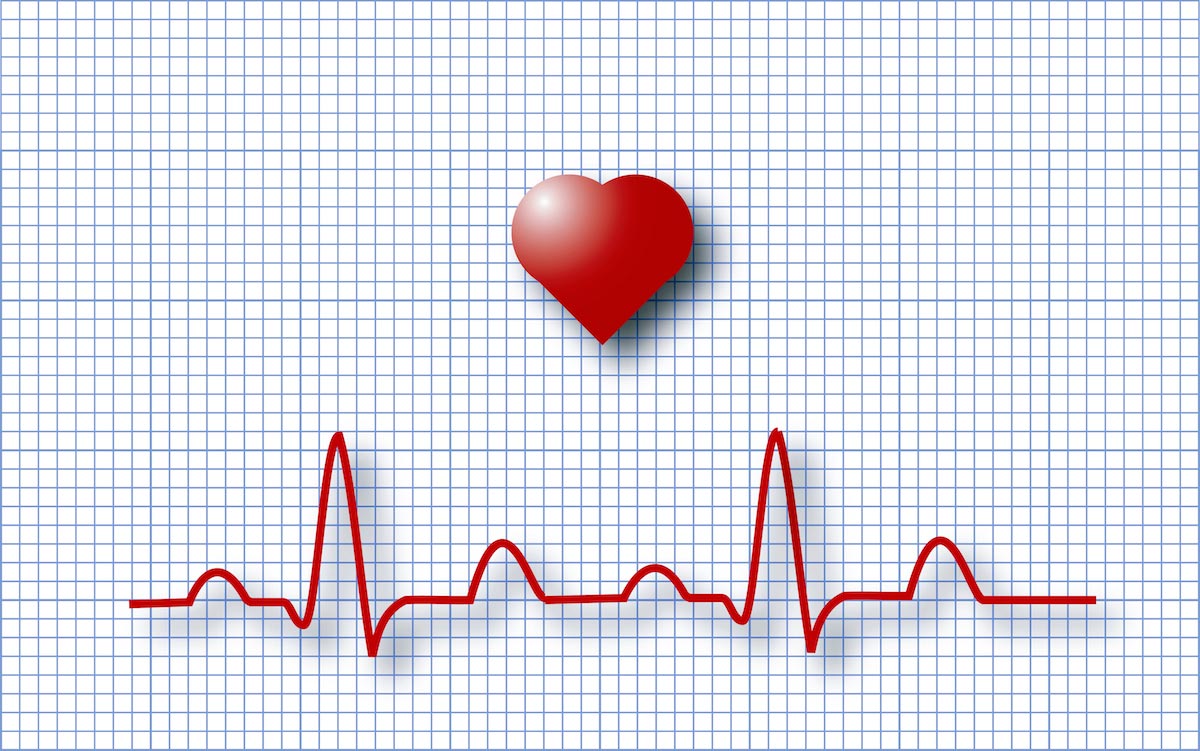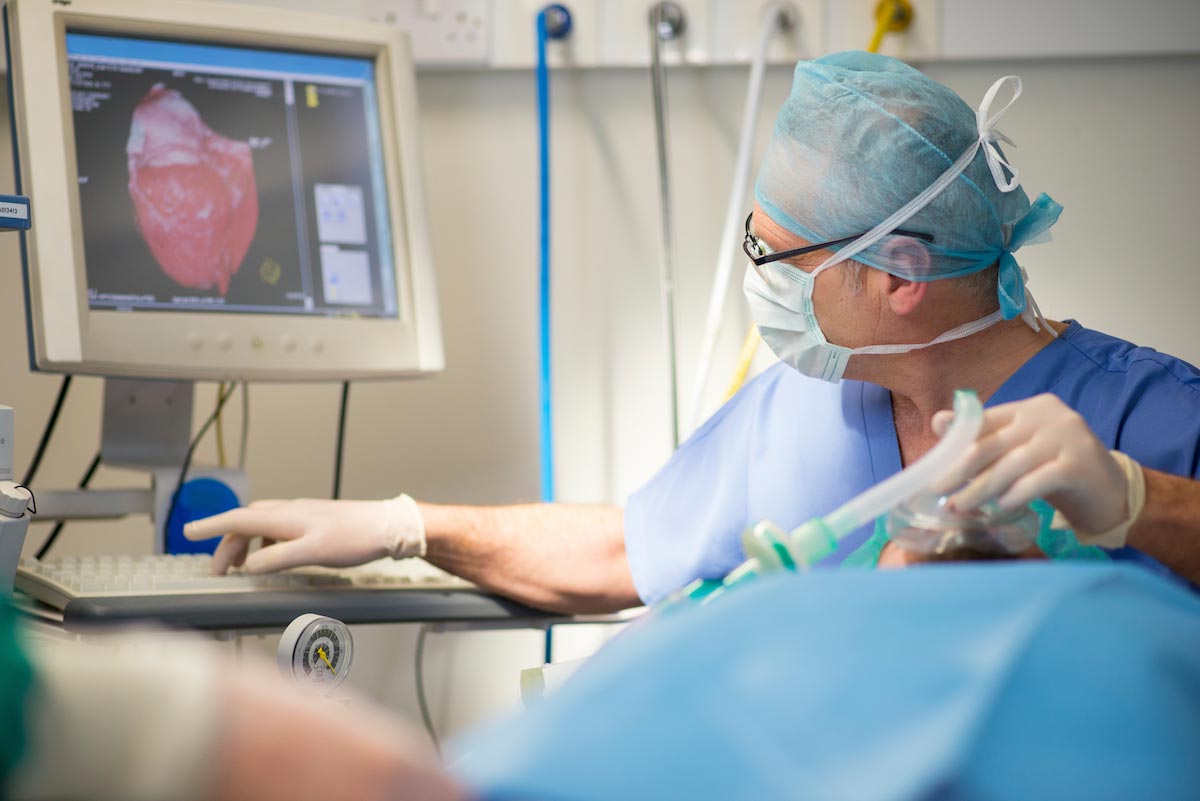Silent killer: 3.5 billion people have elevated blood pressure, and they don’t even know it
03/20/2019 / By Vicki Batts

A recent study has uncovered the harsh truth about blood pressure: As the incidence of people with elevated or high blood pressure rises, so do the number of deaths related to this deadly condition.
High blood pressure — also referred to as hypertension — has earned the “silent killer” moniker, given that the warning signs of the disease rarely present themselves, and consequently, few people know that they have it. An international analysis of nine million adults has indicated that the number of people living with high or elevated blood pressure has skyrocketed between 1990 and 2015.
“There are almost 900 million people in the world with hypertension, and there are almost 3.5 billion people with elevated blood pressure that doesn’t quite meet the definition of hypertension,” explained lead author Christopher Murray, who also directs the University of Washington – Institute for Health Metrics and Evaluation in Seattle. “Blood pressure is the leading cause of premature death and disability in the world.”
According to the Centers for Disease Control and Prevention, one out of every three adults in the U.S. has high blood pressure, and only about half of them are keeping their hypertension under control. Hypertension raises the risk for life-threatening events like strokes and heart disease.
Blood pressure is comprised of a set of two numbers: systolic and diastolic. Systolic pressure is the top number and refers to the measurement of pressure in the arteries as blood is being pumped from the heart. Diastolic pressure, the bottom number, refers to the measurement of pressure between heartbeats. Blood pressure is measured in millimeters of mercury, which you’ll often see as simply mmHg.
100% organic essential oil sets now available for your home and personal care, including Rosemary, Oregano, Eucalyptus, Tea Tree, Clary Sage and more, all 100% organic and laboratory tested for safety. A multitude of uses, from stress reduction to topical first aid. See the complete listing here, and help support this news site.
While a 120/80 mmHg is considered to be within normal range by the American Heart Association standards, the study’s researchers say that even that kind of systolic pressure could still increase your risk of heart attack or stroke. For the study, a systolic pressure of 110 or 115 mm Hg was considered elevated, and 140 mm Hg constituted hypertension.
Dr. Gregory Roth, an assistant professor of cardiology at the University of Washington who co-authored the study, explains that the team chose to look at the 110 to 115 mmHg range because that is where the risk of high blood pressure actually begins.
“The definition of hypertension is a systolic pressure greater than 140 mmHg. However, there is very strong evidence that the risk of having an elevated blood pressure begins above 115 mmHg,” he explained.
Roth notes that there is a lack of evidence to suggest that people in the 115 to 140 mmHg range should be taking medication to lower it. Instead, he notes that healthy lifestyle choices and maintaining an appropriate weight are alternative ways to help keep your blood pressure under control.
According to Murray, there are several factors leading the global increase in hypertension and elevated blood pressure. Obesity and poor dietary habits, naturally, are major contributing factors to the onset of blood pressure issues. In developing countries, more people are beginning to live in cities and are consequently getting less exercise, which only compounds the issue.
Murray notes that blood pressure often increases as we age, so part of the dramatic increase is owed to the world’s aging population.
Fortunately, it’s not a lost cause. Murray says prevention is key. “High blood pressure affects a huge number of people, and it’s getting worse. And yet, there is effective prevention through lifestyle changes and a wide array of effective medical therapies for managing blood pressure.”
There are many things you can do at home to prevent hypertension. Eating a healthy diet that’s rich in fruits and veggies, and low in salt, is a good start. Keeping a healthy weight, quitting smoking, drinking in moderation are also great steps to take, as is exercising often. In the U.S., the Surgeon General suggests that adults should engage in at least two and a half hours of moderate-intensity activity each week. (Related: These healthy foods are proven to lower blood pressure better than drugs.)
Heart.news is your source for all things related to heart health and hypertension.
Sources include:
Tagged Under: blood pressure, heart health, hypertension




















